C3A Team
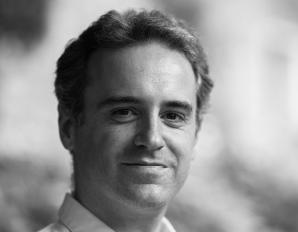
Étienne Espagne is a senior climate economist at the World Bank EFI chief economist office and an associate researcher at CERDI. He co-leads two major programs at the World Bank on analytical tool development and capacity development for finance ministries. Prior to this, as a senior economist at AFD (Agence Française de Développement), the bilateral development bank for the French government, he developed and contributed to a research program on the modelization and evaluation of climate damages, adaptation and mitigation strategies in developing and emerging economies, and previously worked at France Stratégie, CEPII and CIRED. He has published several papers on and continues to focus on building theories, models and methodologies to assess the macro-financial aspects of low-carbon and nature policies, especially in developing and emerging economies. He holds a PhD in environmental economics from the École des Hautes Études en Sciences Sociales (EHESS) and is a graduate from the French École des Mines de Paris and the Paris School of Economics.
Etienne Espagne is Co-Director and Founder of the C3A Program.
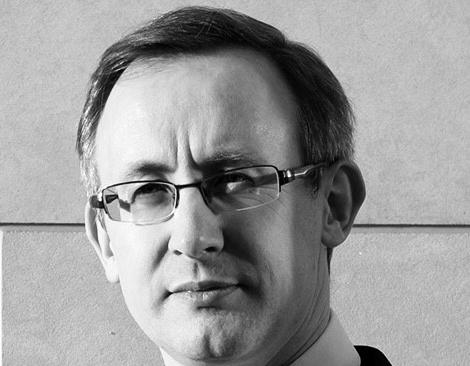
William Hynes is a Senior Climate Change Economist at the World Bank, an Honorary Professor of UCL and an External Applied Complexity Fellow at the Santa Fe Institute. He works on integrating climate issues into the Bank’s macroeconomic analysis and dialogue in Central Asia and the South Caucasus. Prior to this, as a Senior Advisor to the Secretary General and Head of New Approaches to Economic Challenges (NAEC) at OECD, he developed research programs on systems thinking, anticipation and resilience, new analytical tools and techniques and new economic and growth narratives. His publications and research are broad and interdisciplinary with a recent focus on green growth, systemic resilience and neuroscience inspired policy. He holds a DPhil from Oxford University, was a Marie Curie Fellow at the London School of Economics and is a graduate of Trinity College Dublin.
William Hynes is Co-Director of the C3A Program.

Jean-Francois is Senior Economist at the World bank and Associate Professor in Climate Policy at the Global Systems Institute, University of Exeter, UK. His research focuses on developing theory, models and methods for public policy appraisal in low-carbon innovation, and for assessing the effectiveness and socio-economic impacts of diverse types of low-carbon, energy and climate policies. He also develops methods to understand and assess climate-related financial risks. He co-leads two major programs at the World Bank on analytical tool development and capacity development for finance ministries.
Jean-Francois Mercure is a Founder and special adviser to the C3A Program.
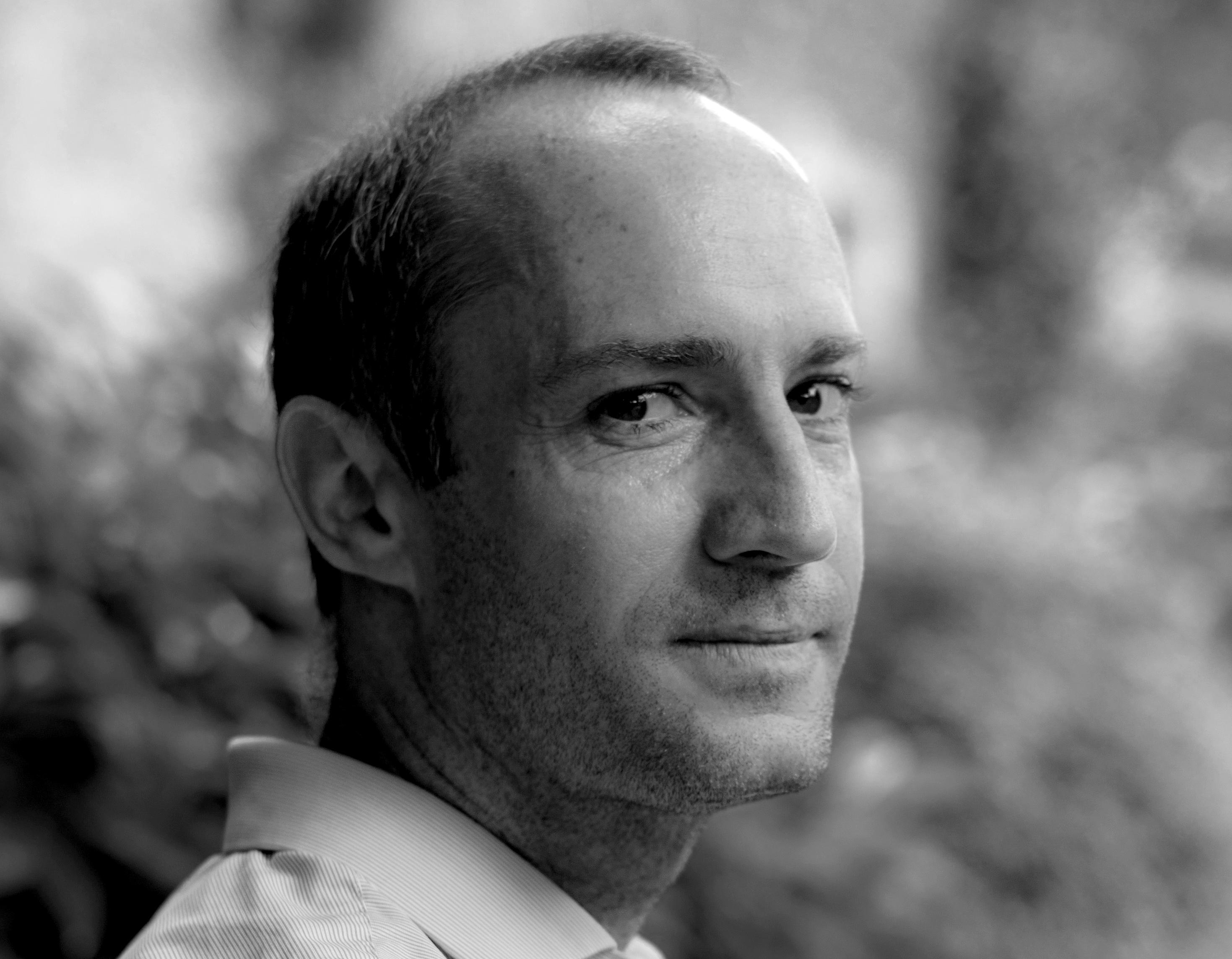
Bastien is an economist working in particular on climate policy and financial regulation. He works for the World Bank as Program Manager for the C3A initiative. Previously, he headed the Financial System Division in the Direction of Operations of Agence Française de Development (AFD), the French bilateral donor. He started his career as an economist in AFD’s Research Department, working on financial sector assessment in emerging and developing countries. His areas of interest are climate policies, financial regulation, and macroeconomic challenges in the context of climate transition. He also regularly contributes to the public debate on the international climate finance architecture. He is a graduate from the Ecole Polytechnique in France.
Bastien Bedossa is Manager of the C3A Program.
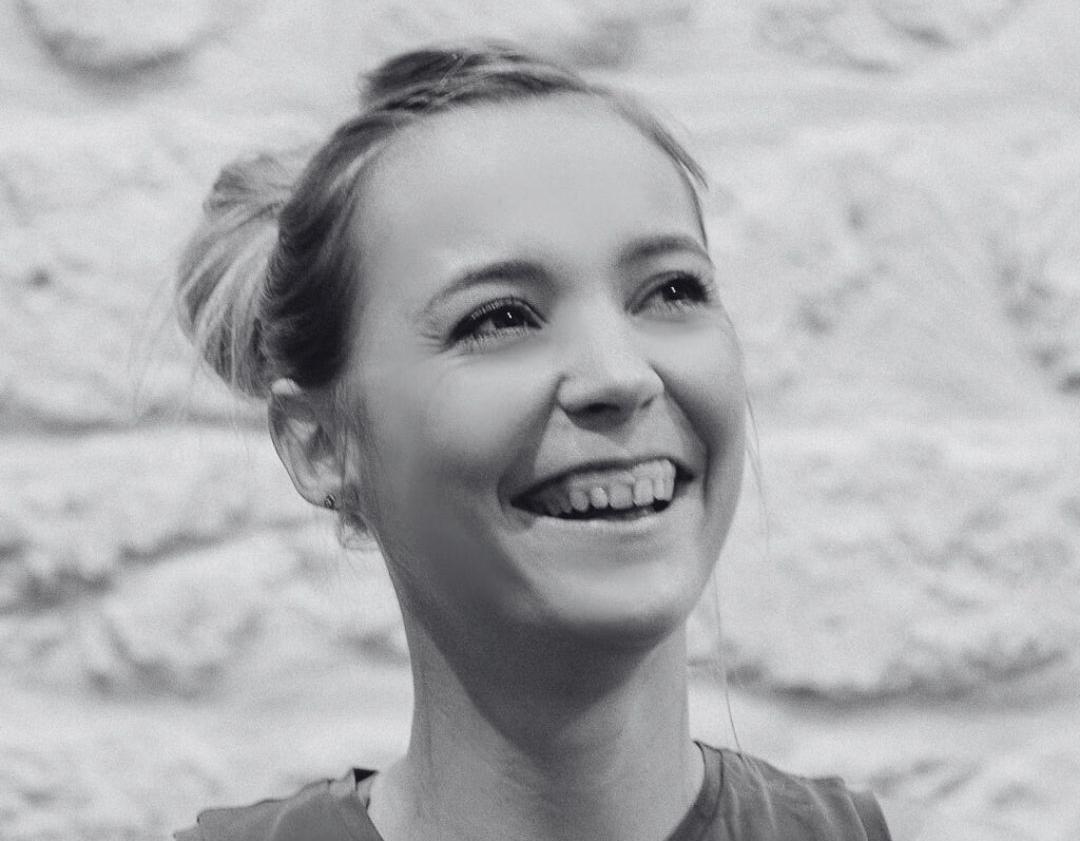
Roxane Dody is a World Bank Communication Consultant, working on C3A’s communication strategy to support the Program’s achievements and help the whole world of climate finance and its main players to access C3A’s research publications and tools. Graduated with a master's degree in communication, Roxane worked for several compagnies as an employee then as a consultant for more than 8 years before working for C3A.
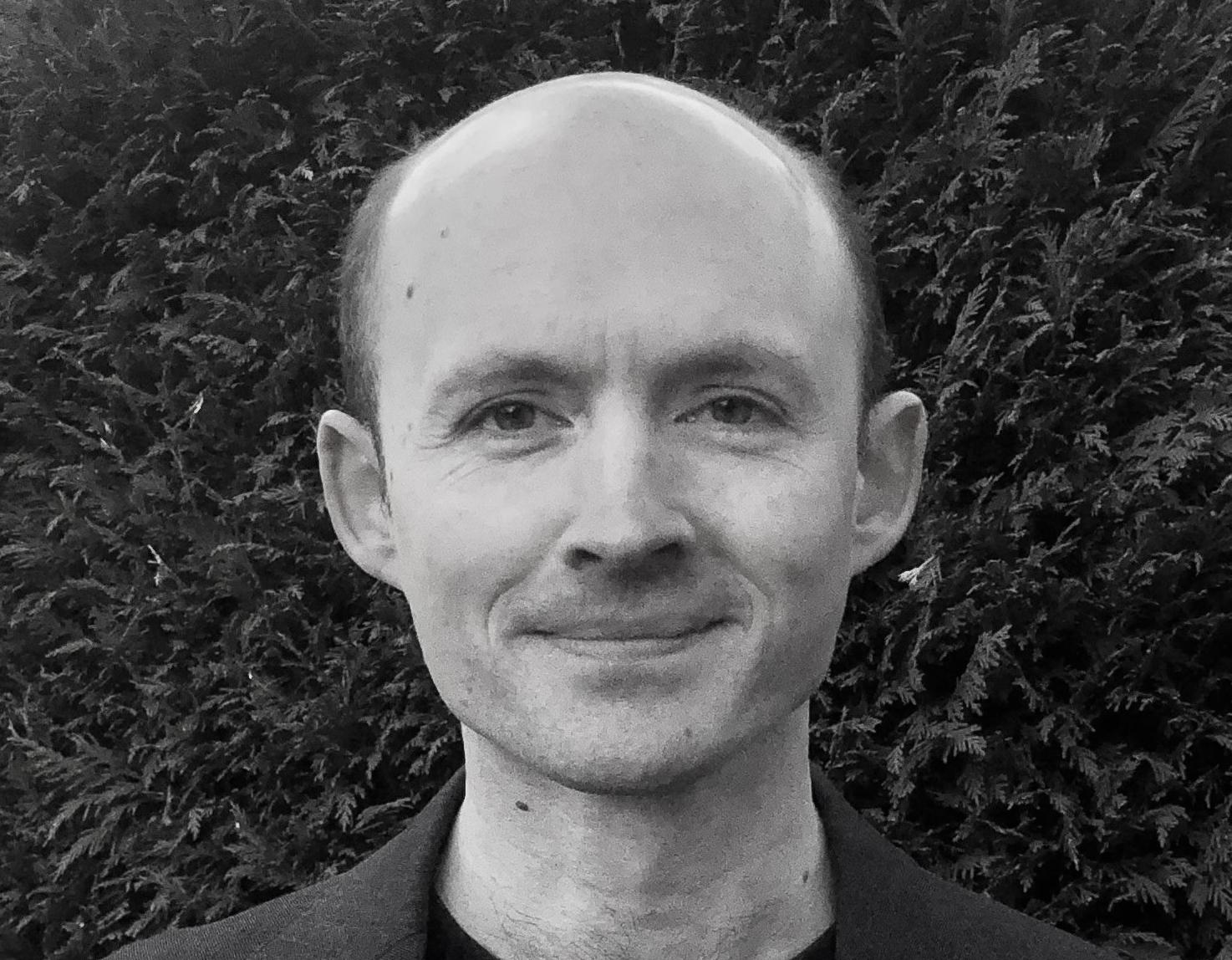
Simon Sharpe is coordinating the Innovation Theme at C3A, is Managing Director of S-Curve Economics and Director of Economics for the Climate Champions Team. He commissioned and contributed to the Economics of Energy Innovation and System Transition (EEIST) project, working with researchers in the UK, China, India and Brazil to apply complexity economics to inform policy on the low carbon transition. His previous roles in the UK government include Deputy Director of the COP26 Unit, head of private office for the energy minister, leading international climate change strategy at the Foreign Office, and establishing low-carbon growth as a priority in the UK’s industrial strategy. His book ‘Five Times Faster: Rethinking the Science, Economics and Diplomacy of Climate Change’ was listed by the Financial Times as one of the best books of 2023.
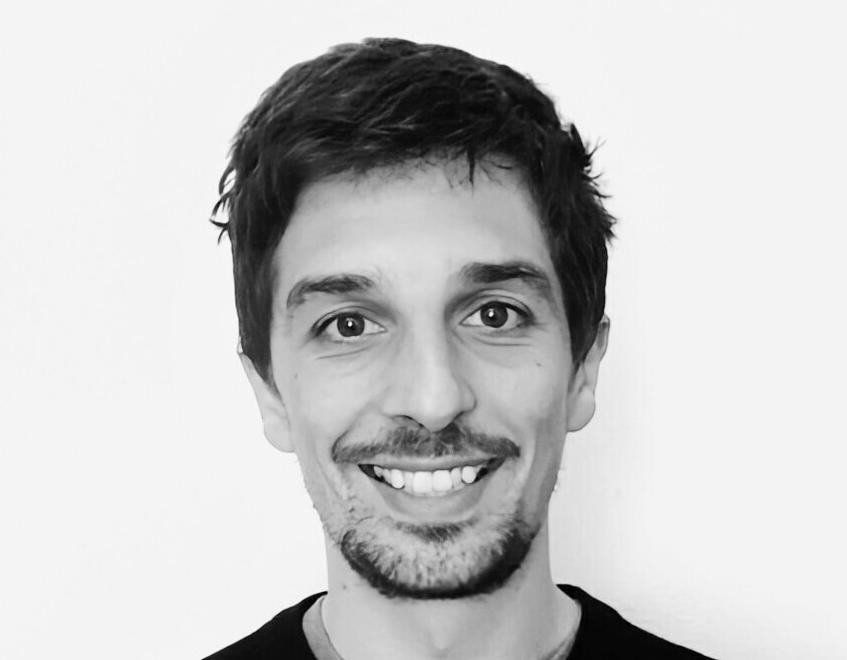
Jeffrey works as a consultant for the World Bank C3A Program, particularly on the Nature Transition Theme, where he specializises in “green” international financial instruments and the development of scenarios to assess nature-related risks, impacts and opportunities. He previously worked as an environmental economist for the Banque de France, where he conducted research on the macro-financial risks associated with nature loss and the sustainability transition. Before this, he held teaching positions at Université Sorbonne Paris Nord (USPN) and Sciences Po. Jeffrey’s research attempts to highlight the key macroeconomic obstacles to creating more harmonious human-nature relations and illuminate pathways forward. He holds a PhD in economics from USPN and a joint master's degree in international economics from both USPN and the Berlin School of Economics and Law.
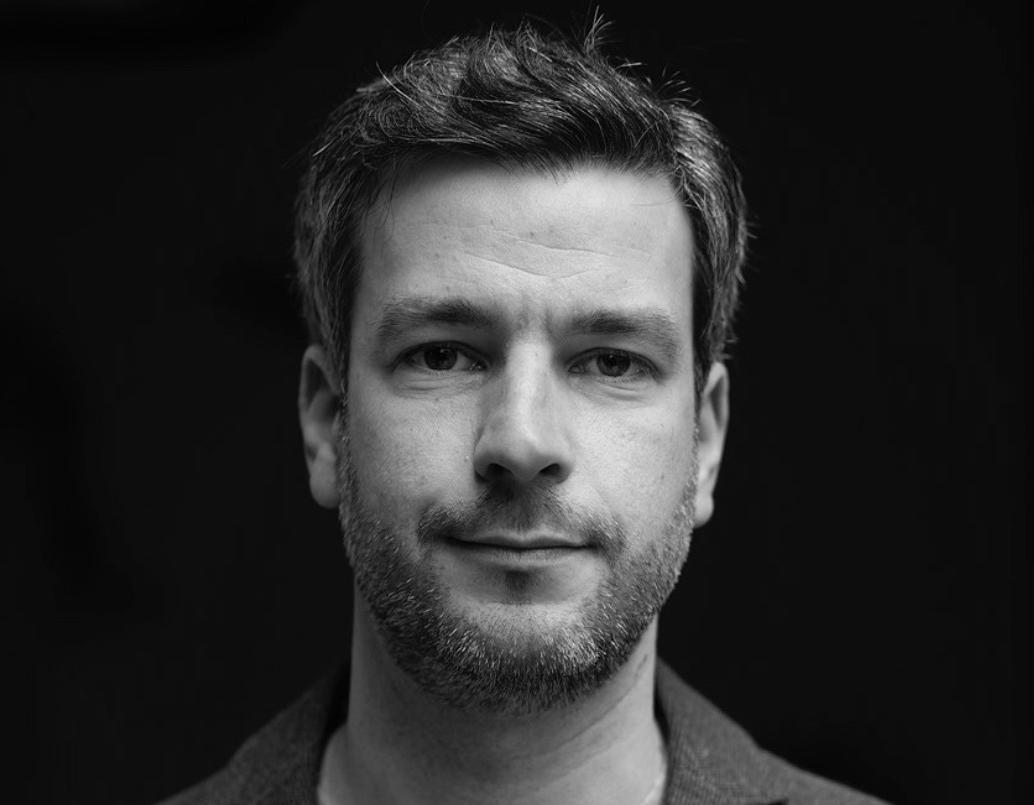
Romain Svartzman is working on the Nature Transition Theme at C3A. He is a Research Fellow at Bocconi University (Institute for European Policymaking, IEP), a Senior Executive Fellow at SDA Bocconi School of Management, and an Honorary Senior Research Fellow at the UCL Institute for Innovation and Public Purpose (IIPP). He previously worked as a senior economist for the Banque de France, where he co-led the 2023 NGFS report on recommendations towards nature-related scenarios for central banks and financial supervisors. Romain also has experience in green finance in the private sector (venture capital) and in international organizations (World Bank Group). He holds in a PhD in ecological macroeconomics from McGill University (Canada). His recent and ongoing research includes developing scenarios of ecological transition (factoring in geopolitcal considerations) and assessing their macrofinancial implications, and exploring reforms of the international monetary and financial system/architecture. His interdisciplinary research is regularly published in academic journals and institutional reports.

Sebastian Valdecantos is a Consultant at the World Bank working on the Climate Finance and Macroeconomic Modeling Themes for C3A, and co-leading the Financial Sector Mitigation and Adaptation Tool (FSMAT) project. He is also an Associate Professor of Macroeconomics and Ecological Economics at Aalborg University. He specializes in the macroeconomic modeling of small open economies. His current research areas include the macroeconomic challenges of the low-carbon transition in emerging and developing countries and the integration of different modeling approaches to develop adequate analytical tools for policymaking. Before joining the World Bank and Aalborg University, he worked as an Economics Affairs Officer at the United Nations Economic Commission for Latin America and the Caribbean (UN-ECLAC) and as a Director of Co-operative Development at the Ministry of Production of Argentina. He holds a PhD from the Université Sorbonne Paris-Nord.
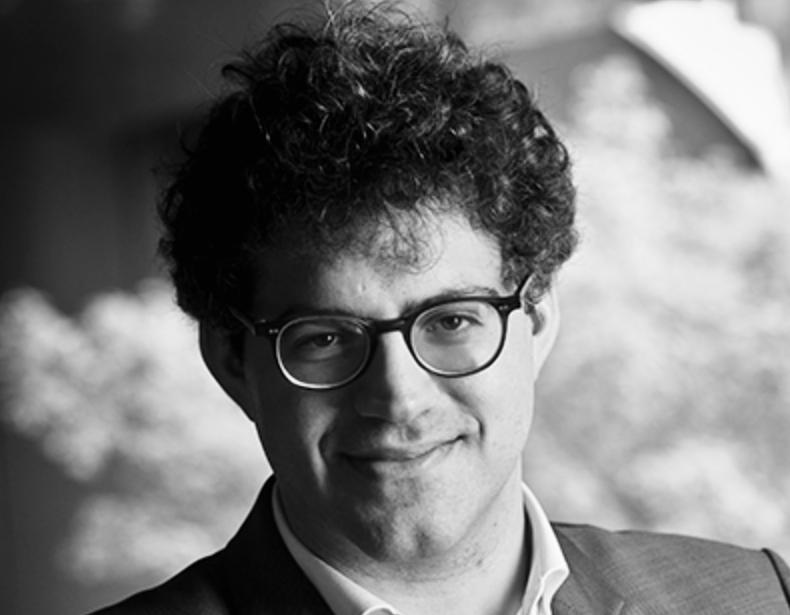
Martin Kessler is working on the Debt Sustainability Theme, and is the Executive Director of the Finance for Development Lab. Previously, he worked as an economist in the Development Cooperation Directorate of the OECD, focusing on trends of development finance for developing countries, and debt risks in particular. Prior to this, Martin worked at the World Bank on development dynamics in East Asia, and held research positions at the Brussels-based economic think-tank Bruegel and the Peterson Institute for International Economics in Washington DC. He has published on the financial consequences of trade wars, hyper-globalization and economic convergence, as well as on the internationalization of the RMB. Martin is a graduate of the Harvard Kennedy School MPA/ID programme and the Paris School of Economics.
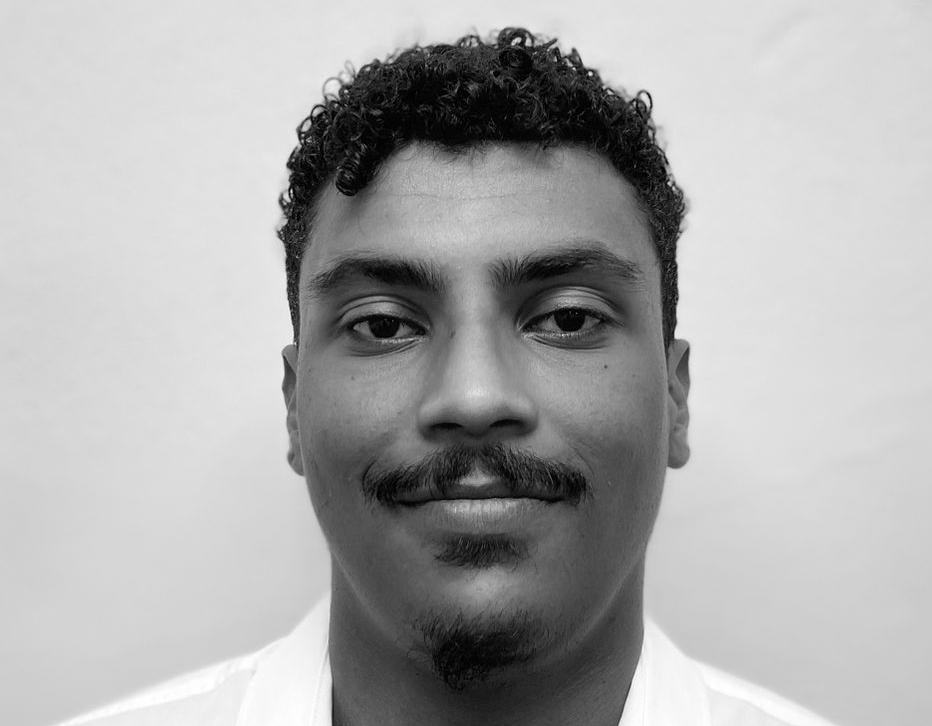
Wellington Amorim is an economist and Ph.D. student in Economic Theory at the State University of Campinas (Unicamp), specializing in macroeconomics and sustainable development. He works as a Consultant for the World Bank's C3A initiative, contributing to the development of diagnostic toolkits, data science, and is working on the Nature Theme. Wellington is also an Associate Researcher at the Center for Studies in Applied Economics, Agriculture, and the Environment at Unicamp's Institute of Economics (CEA/IE-Unicamp). His previous roles include serving as an Economist with a focus on investment and risk advisory, as a Consultant for the NGO Operation Amazonia Native (OPAN), and as a Research Analyst at the Federation of Industries of the State of Mato Grosso (FIEMT).

Matthieu Bordenave is a consultant in pre-PhD at C3A, focused on the Climate Macro-modelling and the Nature Transition Theme. Previously, he was a research collaborator at the Rousseau Institute, analyzing the economic impacts of green investments in Europe. Starting his career with a bioeconomic modeling internship at the French Development Agency, Matthieu has a strong foundation in ecological economics. He holds a Joint Master from Sorbonne Université and Roma Tre University in Political Economy and a Mechanical Engineering degree from Université de Technologie de Compiègne. His research interest for his forthcoming PhD centers on examining the economic and financial impacts of biodiversity loss, with a particular emphasis on the physical risks associated with forests.
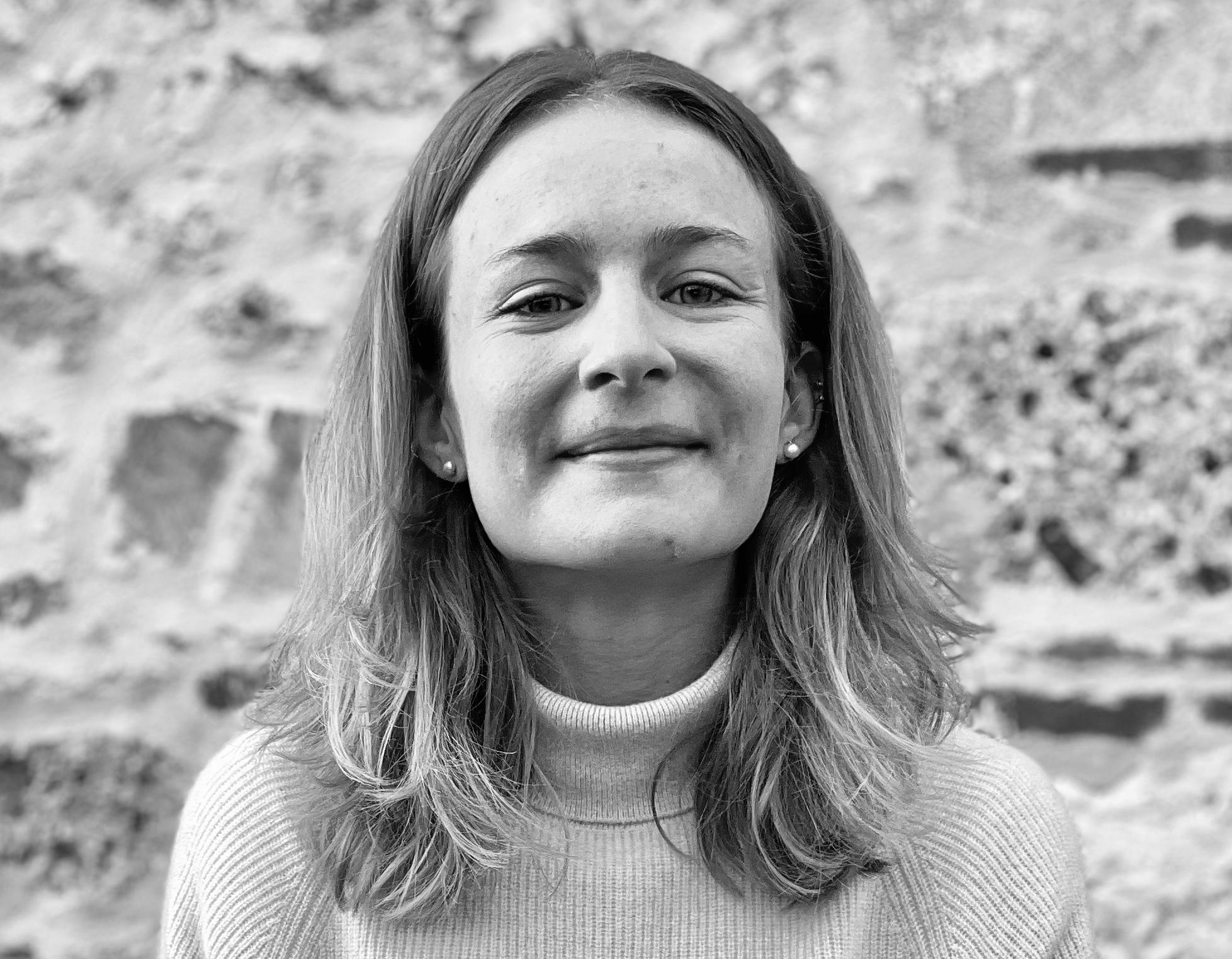
Hannah Engljähringer works as a consultant for C3A, focusing on the country-calibration for the Financial Sector Mitigation and Adaptation Tool (FSMAT) and the modelling of Green Financial Sector Interventions in the FSMAT framework. She is a PhD candidate in Economics at the Sant'Anna School of Advanced Studies in Pisa, Italy. Her research focus is on developing agent-based and stock-flow consistent macro models to study income and wealth inequality, climate finance, and financial stability. As a graduate from the Erasmus Mundus Joint Master’s program Economic Policies in the Age of Globalization (EPOG), she holds a master’s degree from Université Sorbonne Paris Nord & Paris-Diderot and Kingston University London. She has previously worked at the European Central Bank and the Bundesbank.
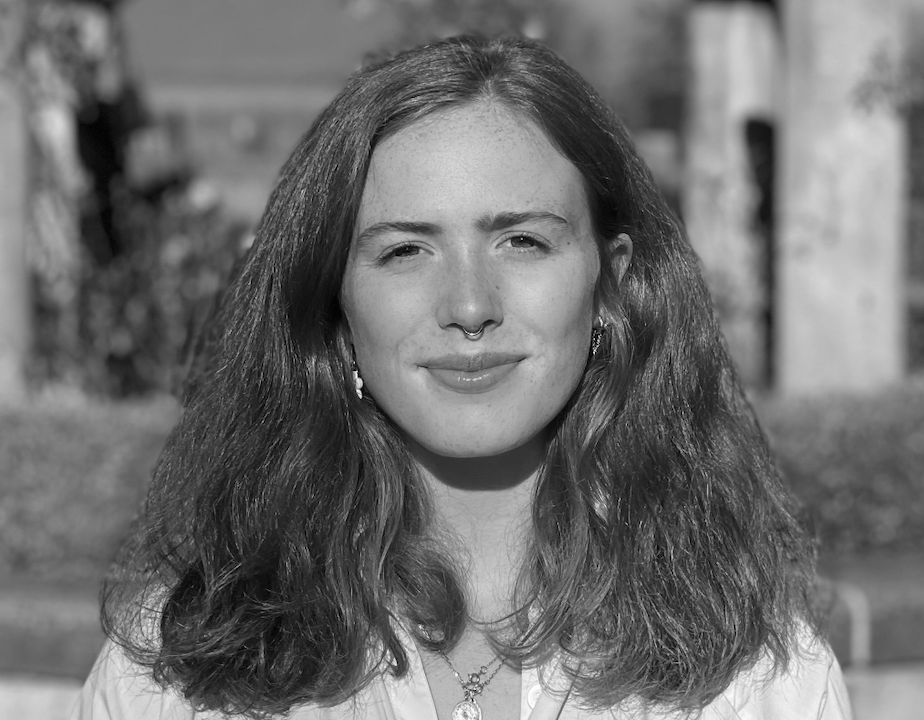
Léna Faucher is a Consultant working on the Nature Hub Theme as well as a student in the dual masters in economic policy between Sciences Po and the London School of Economics. She assists C3A on its research initiatives and offers technical support to the team. Her current research focus is on the role of central banks in steering the ecological transition and their efforts to integrate nature and ecological risks in their framework. Prior to this, Léna interned at the Economic and Finance commission at the Conseil économique, social et environnemental in France. Additionally, she was a research assistant at Sciences Po’s Center for European Studies and Comparative Politics, where she delved into the responses of central banks in the aftermath of the 2008 financial crisis.
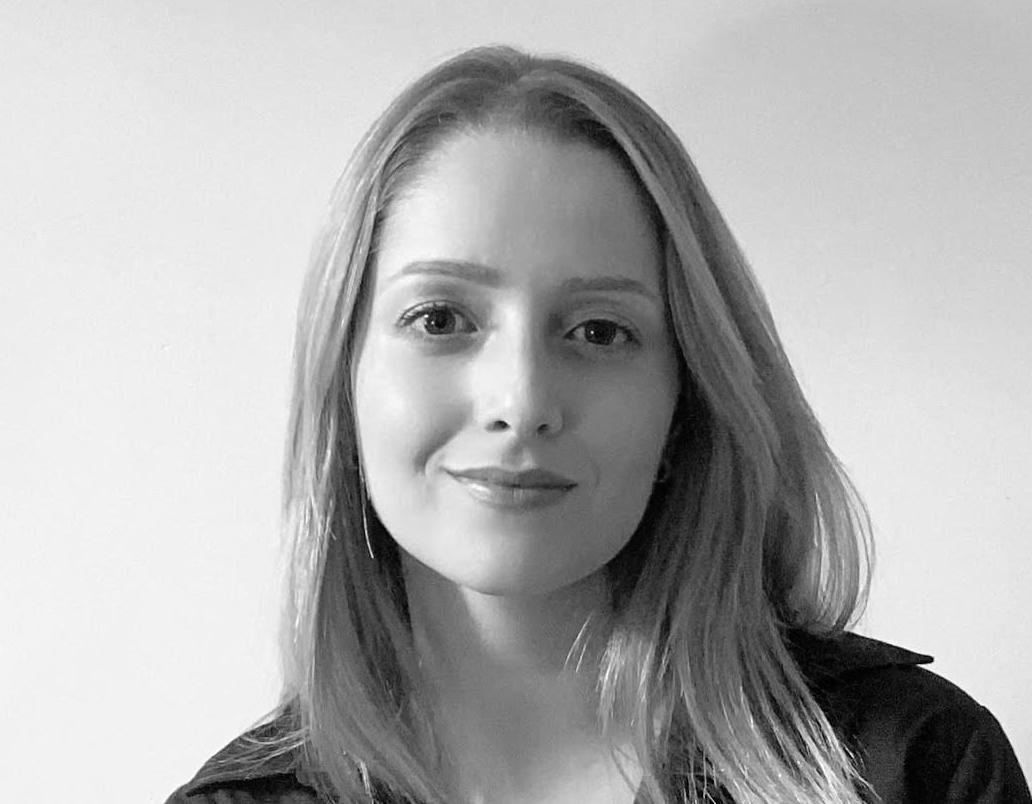
Tatiana Fleming is an economist and PhD student in Economics of Industry and Innovation at the Federal University of Rio de Janeiro. She works for the World Bank as consultant for the C3A initiative working on the Green Innovation for Industries Theme and on several actions in Latin America and The Caribbean region. Tatiana is also an assistant researcher at the Industry and Competitiveness Group (GIC/IE-UFRJ). Before that, Tatiana was a Google DeepMind fellow in research on industry and innovation in the healthcare sector, senior analyst at the Federation of Industries of Rio de Janeiro (Firjan), Technology Transfer assistant at the Center for Innovation and Technology Transfer (Critt - UFJF) and coding assistant at the Media and Public Sphere Laboratory of the Institute of Social and Political Studies (IESP/UERJ).

Morgane Gonon works for C3A on the Nature Transition Theme, where she is conducting an in-depth review of the various international funding mechanisms and resource mobilization strategies aimed at halting and reversing the loss of nature, and their suitability for the specific context of each country. Morgane is a PhD student at CIRED (Centre international de recherche sur l'environnement et le développement) working in economics on North-South financial flows for ecosystem restoration, with a specific case study in Senegal. She is also an associate researcher at the French Development Bank. Her background is in economics, political science, public policy and law.
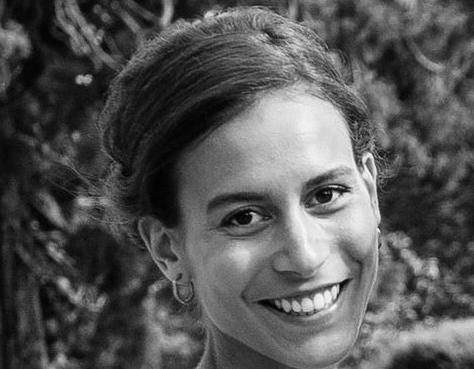
Katie Kedward is a macroeconomist contributing to the Nature Theme of the World Bank C3A project. She is also Senior Research Fellow in Sustainable Finance at the Institute for Innovation and Public Purpose, University College London, where she is concurrently completing her PhD. Her research focuses on the financial stability implications of environmental risks and ecological macroeconomic modelling, and her work has been published in journals such as Nature Ecology and Evolution and Climate Policy. Katie started her career in capital markets at the Royal Bank of Canada and she has also worked at ShareAction, the responsible investment NGO. In 2021, Katie contributed to the NGFS-INSPIRE Study Group on Biodiversity and Financial Stability, and in 2023 she was an expert contributor to the NGFS Nature Taskforce sub-group on Nature Scenarios.
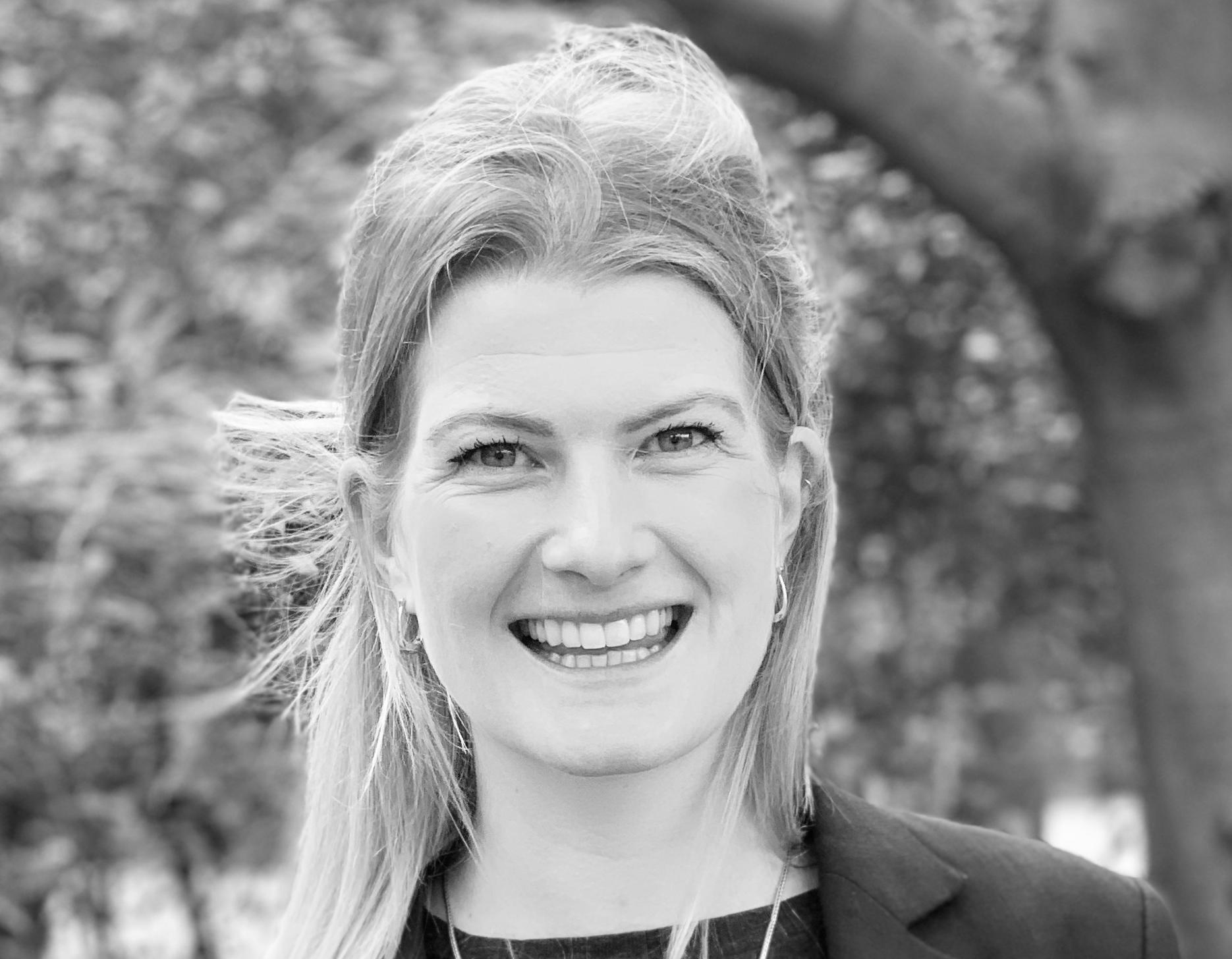
Anna works on the Innovation Theme at C3A and is a Research Associate at S-Curve Economics. She previously contributed to the Economics of Energy Innovation and System Transition (EEIST) project, was a Research Fellow at Exeter University, a Research Analyst at the Institute of Innovation and Public Purpose, and Senior Consultant at Nordic Sustainability. In these roles, she delivered climate-related strategy and research projects for start-ups, industry, government and development finance clients, supporting them to accelerate clean technology deployment and build climate resilience in developed and developing country contexts. She holds a Masters’ in Public Administration from the Institute of Innovation and Public Purpose, University College London.
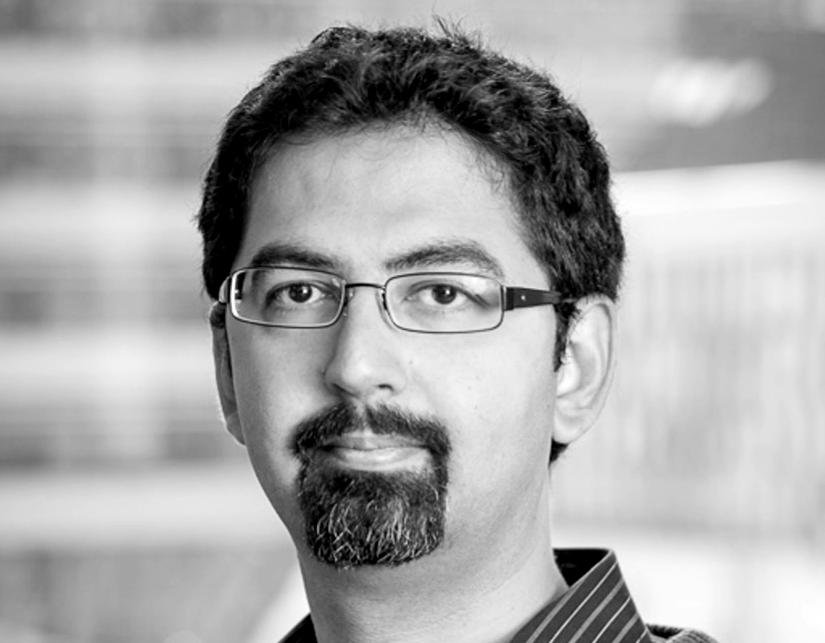
Asjad Naqvi is part of the C3A team where he contributes to data and modeling work, coordination and support for regional actions and thematic reseaches, and supporting with broader communication C3A strategies. Asjad’s expertise lies at the intersection of developing diagnostic toolkits and decision support tools for evaluating the economic impacts of climate change and climate policies, and their subsequent macro, financial, and distributional implications. Asjad has over two decades of experience working on various large-scale projects across the globe including collaborations with international institutions such as the World Bank, USAID, DFID, IDMC, the United Nations and various institutions within Europe. Since 2013 Asjad is based in Vienna, Austria and has affiliations with the Austrian Institute of Economics Research (WIFO), the Vienna University of Economics and Business (WU), and the International Institute for Applied Systems Analysis (IIASA).

Richard is a PhD student in Climate economics at the Center for Studies and Research on International Development (CERDI) of the University of Clermont Auvergne. His research focuses on the efficiency of climate finance and prospects for better resource mobilization for climate action. He works as a consultant for the World Bank's C3A program, is involved in actions in Central Asia, and is working on the Fiscal and Debt Sustainability in Transition and Climate Finance Theme. He previously worked as a research assistant at the Foundation for Studies and Research on International Development (FERDI), contributing to the evaluation of the local impact of development banks.

Adam Poupard is a junior ecological economist working on the Nature Transition Theme for C3A, and on biodiversity scenarios. He is also a research engineer at the Ecole Polytechnique in France. Prior to this, he worked on assessment modelling of energy transition at the French lab CIRED, and on carbon pricing mechanisms and revenue recycling at the Institute for Climate Economics (I4CE). His research interests are related to institutional mechanisms and governance systems for conserving and restoring biodiversity in agroecosystems. He is a graduate from the French Ecole Polytechnique, Sciences Po Paris, and Sorbonne Université.
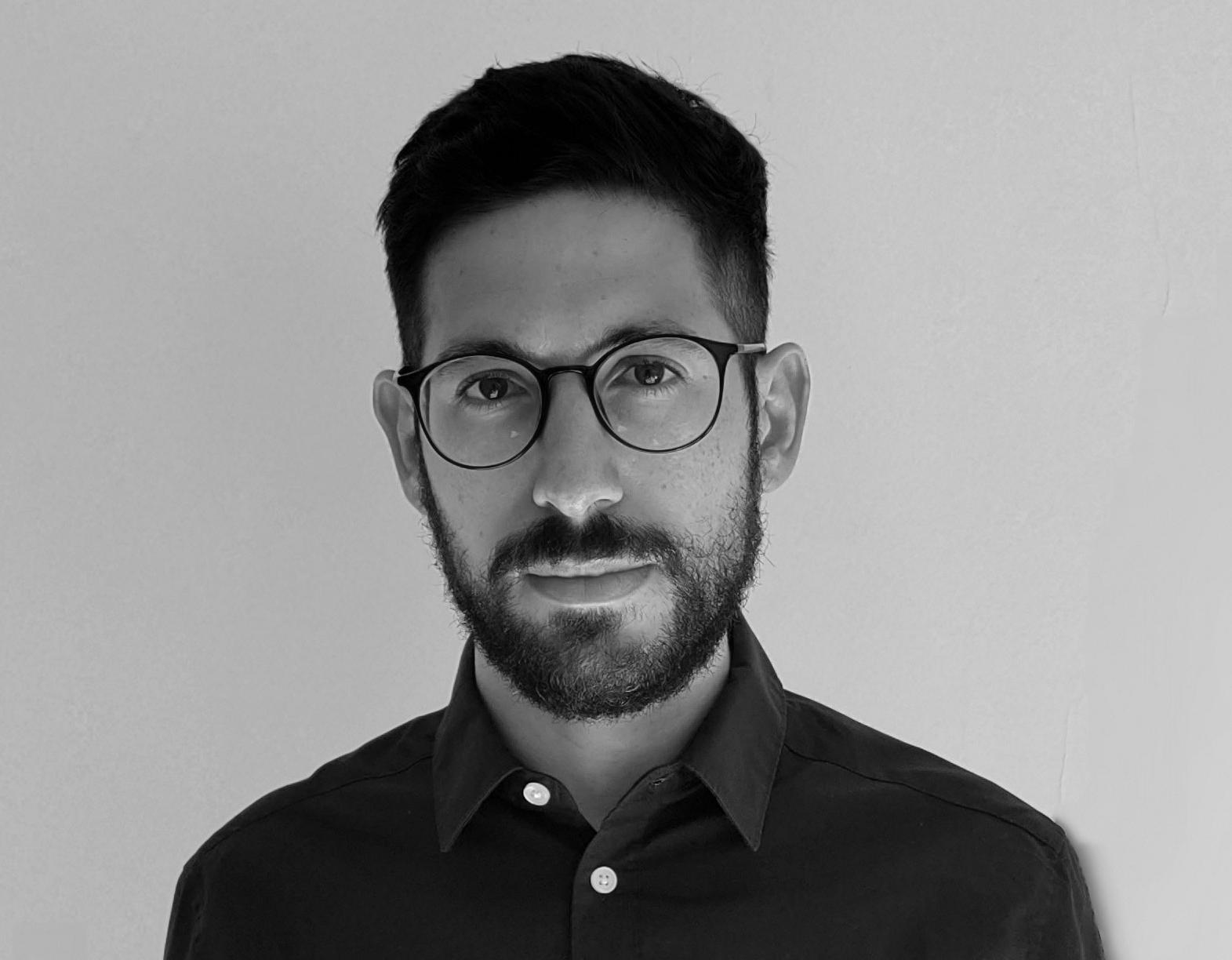
Matías is a Consultant at C3A and a PhD candidate at the National University of San Martín in Buenos Aires. He also serves as an invited professor at Torcuato Di Tella University. Matías earned his bachelor's degree in economics from the University of Buenos Aires and holds a joint MSc degree from Kingston University London, Université Sorbonne Paris Nord, and Université de Paris. Prior to this, Matías worked for the Argentinian government and for international organizations such as the United Nations ECLAC and the International Labour Organisation. His research focuses on growth constraints in small open economies, input-output analysis, and international trade.

Ornella is a PhD candidate at the Paris School of Economics, focusing on international macroeconomics and the impacts of climate policies. She is working on the Fiscal and Debt Sustainability Theme. She has experience in international diplomacy and holds an engineering degree from Ecole des Ponts et Chaussées.
Scientific Advisory Committee
The Scientific Advisory Committee is supporting the quality and relevance of the content of the capacity creation programs. It participates to C3A events and workshops on an ad hoc basis.

It advises the C3A Board on the structure, content and experts involved in the capacity creation programs.

It provides guidance for research activities of the Knowledge Network and discusses the Network progress report before submitting it to the C3A Board for consideration.

It advises and contributes to the inclusion of new academic partners and provides direction for the creation of new regional/thematic hubs.

It also leads the organization of the Knowledge Network annual meeting.
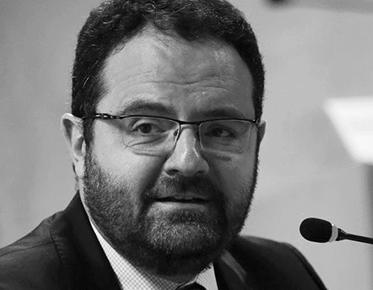
Nelson Barbosa is a Brazilian economist and professor of economics. From 2015 to 2016, he was Brazil’s Minister of Finance. Prior to that, Mr Barbosa held several positions within the federal government. He was Secretary for Economic Issues (2007-2008) and Deputy Secretary for Economic Policy at the Ministry of Finance. His experiences within the government level includes positions at the Central Bank of Brazil (1994-1997), National Development Bank (2005-2006) and Ministry of Planning (2003).
Barbosa holds a full professorship at the São Paulo School of Economics of the Getulio Vargas Foundation and is Adjunct Professor at the Federal University of Rio de Janeiro as well as Researcher at IBRE/FGV and a member of the boards of Cetip and Regional Bank of Brasilia (BRB). He was also the Chairman at Bank of Brazil (2009-2013).
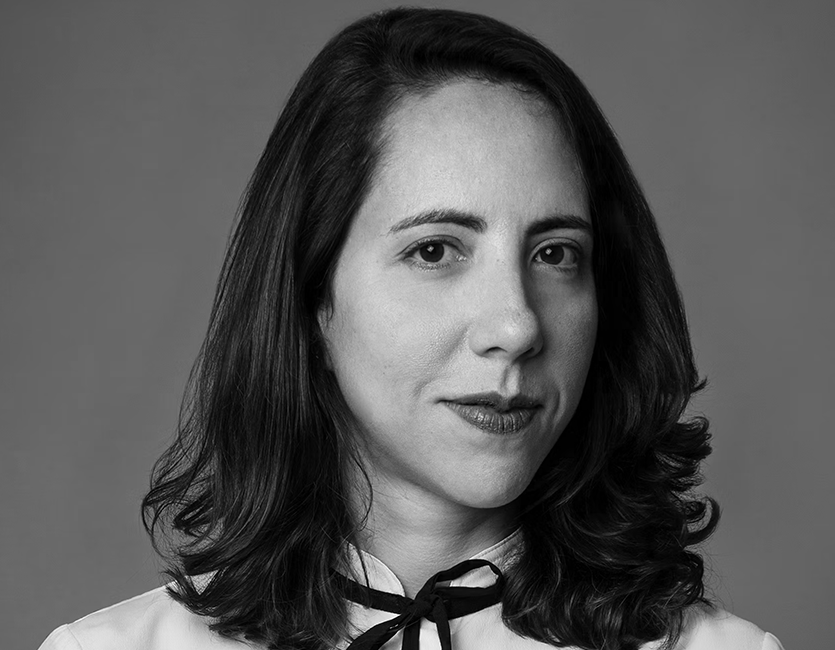
Laura Barbosa de Carvalho is a Brazilian economist and associate professor at the Faculty of Economics and Administration at the University of São Paulo. Her research focuses mainly on macroeconomics of inequality, as it pertains to economic development, income redistribution, and private debt. Her 2018 book Valsa Brasileira: Do Boom ao Caos Econômico, which analyses the growth and subsequent crisis of the Brazilian economy starting in 2014, became one of the country's best sellers that year.
Carvalho has recently worked on the distributive impacts of fiscal policy, multiplier effects of social benefits and the relationship between wage inequality, employment composition and consumption patterns. She has also worked on building demand-driven Agent-Based and Kaleckian models that deal with the dynamics of income distribution, economic growth, and private debt.
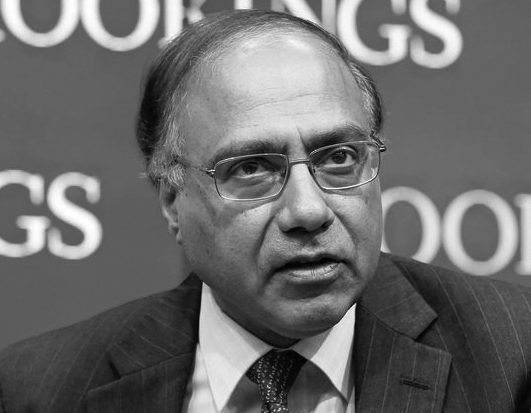
Amar is a senior fellow in the Center for Sustainable Development, housed in the Global Economy and Development program at Brookings Institution. From April 2007 until September 2014 he was Director of the Group of 24, an intergovernmental group of developing country Finance Ministers and Central Bank Governors. Prior to taking up his position with the G24, Amar had a long-standing career in the World Bank. His last position was as Senior Advisor and Head of the International Policy and Partnership Group. In this capacity, he was the focal point for the Bank’s engagement with key international groupings and institutions such as the G7/G8, G20, IMF, OECD and the Commonwealth Secretariat.
Amar completed his undergraduate studies at the University of Delhi and Brandeis University and his graduate education at Princeton University.
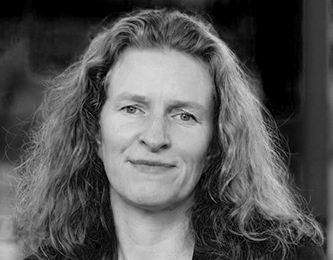
Heleen de Coninck is a full Professor of Socio-Technical Innovation and Climate Change at Eindhoven University of Technology since 2020, and an Associate Professor in Innovation Studies and Sustainability at the Department of Environmental Science at Radboud University Nijmegen's Faculty of Science since 2012.
Heleen was a Coordinating Lead Author in the IPCC Special Report on Global Warming of 1.5C and is currently a Coordinating Lead Author in the AR6. She was part of the IPCC Working Group III Technical Support Unit during the AR4 cycle, where she coordinated the IPCC Special Report on CCS. She was also a Lead Author in the climate mitigation part of AR5 (2014).
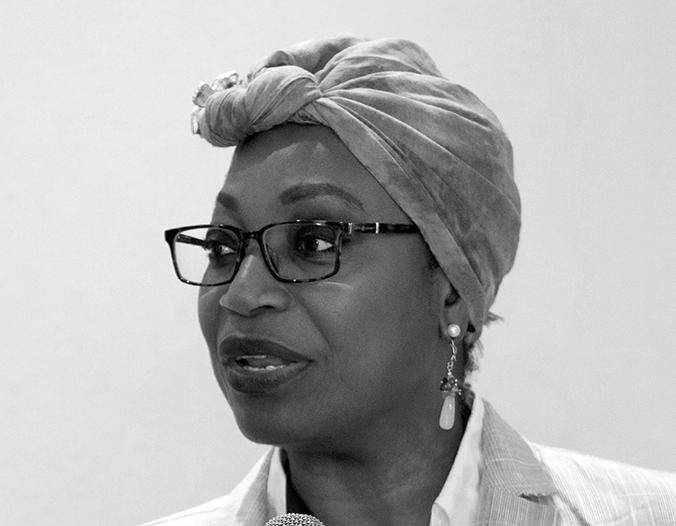
Dr Fatima Denton is the Director of the United Nations University Institute for Natural Resources in Africa (UNU-INRA). She has depth of expertise in natural resource management, as well as deep knowledge of research and policy development, and the African region. Prior to that, Dr Denton had worked with the United Nations Economic Commission for Africa (UNECA) in Ethiopia. She is a lead author for the IPCC special report on climate change and land, a lead author for the Intergovernmental Panel on Climate Change (IPCC) Sixth Assessment Report (Working Group III), and was a Lead Author for the Fourth and Fifth Assessment Reports (Working Group II) and for the IPCC Special Report on Renewable Energy and Climate Change Mitigation.
Dr Denton holds a PhD in Political Science from the University of Birmingham (UK).
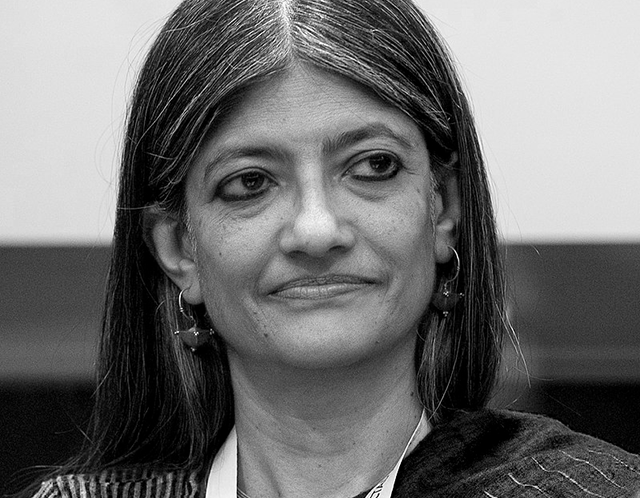
Jayati Ghosh is a Professor of Economics at the University of Massachusetts Amherst. Prior to that, she taught economics at Jawaharlal Nehru University, New Delhi for nearly 35 years. She has authored and/or edited 20 books and more than 200 scholarly articles. She has received several prizes, including the 2015 Adisheshaiah Award for distinguished contributions to the social sciences in India; the International Labour Organisation’s Decent Work Research Prize for 2011; and the NordSud Prize for Social Sciences 2010, Italy. In March 2022, she was appointed to the UN Secretary General’s High-Level Advisory Board on Effective Multilateralism, mandated to provide a vision for international cooperation to deal with current and future challenges.
Dr. Gosh holds a Ph. D in Economics at the University of Cambridge in England.
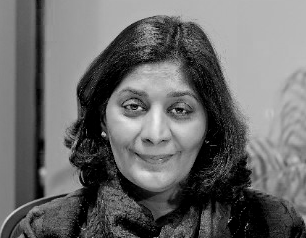
Poonam Gupta is the Director General of NCAER, and a member of the Economic Advisory Council to the Prime Minister. She specialises in Macroeconomics, and issues related to the Emerging Market Economies. Prior to that, she was the Reserve Bank of India Chair Professor at the National Institute of Public Finance and Policy; Professor at the Delhi School of Economics; and Researcher at the International Monetary Fund. Her research has been published and cited widely in scholarly journals and has also featured in leading international business dailies such as The Economist, Financial Times, and The Wall Street Journal
Dr Gupta holds a PhD in Economics from the University of Maryland, USA, and a Masters in Economics from the Delhi School of Economics.
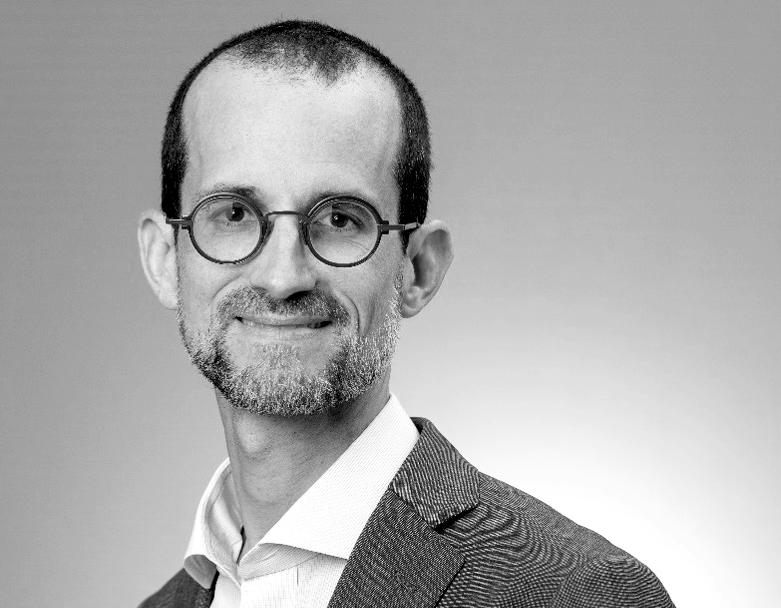
Stéphane Hallegatte is the Senior Climate Change Advisor of the World Bank Climate Change Group. Mr. Hallegatte is the author of dozens of articles published in international journals in multiple disciplines and of several books and World Bank reports including Shock Waves: Managing the Impacts of Climate Change on Poverty. He also led the development of the Resilience Rating System, a tool of monitor and report on how resilience is included in public or private investments. More recently, he has supervised the new World Bank Group diagnostic, the Country Climate and Development Reports, and has co-led the CCDRs for Turkey and Brazil. Mr. Hallegatte holds an engineering degree from the Ecole Polytechnique (Paris) and a Ph.D in economics from the Ecole des Hautes Etudes en Sciences Sociales (Paris).
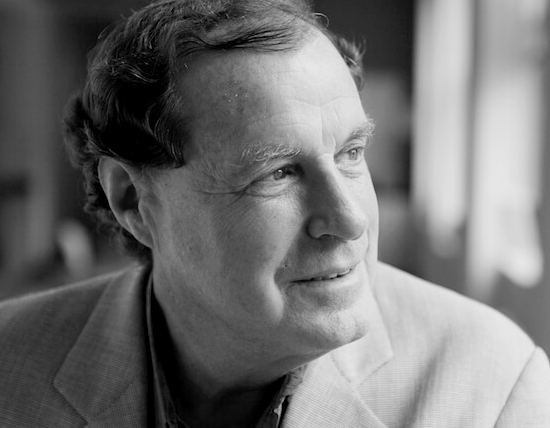
Tom Heller is the founder of the Climate Policy Initiative and an expert in law, economic development, and the performance of legal institutions. Since 1991, Heller has been increasingly engaged in research and applied policy studies in energy and climate, with a principal concern regarding developments in China, India, Mexico, Brazil, and other leading emerging markets. He was a contributing lead author for the IPCC on the Third and Fourth Assessment Reports, as well as a contributor to the Special Reports on Technology Transfer and Emissions Scenarios.
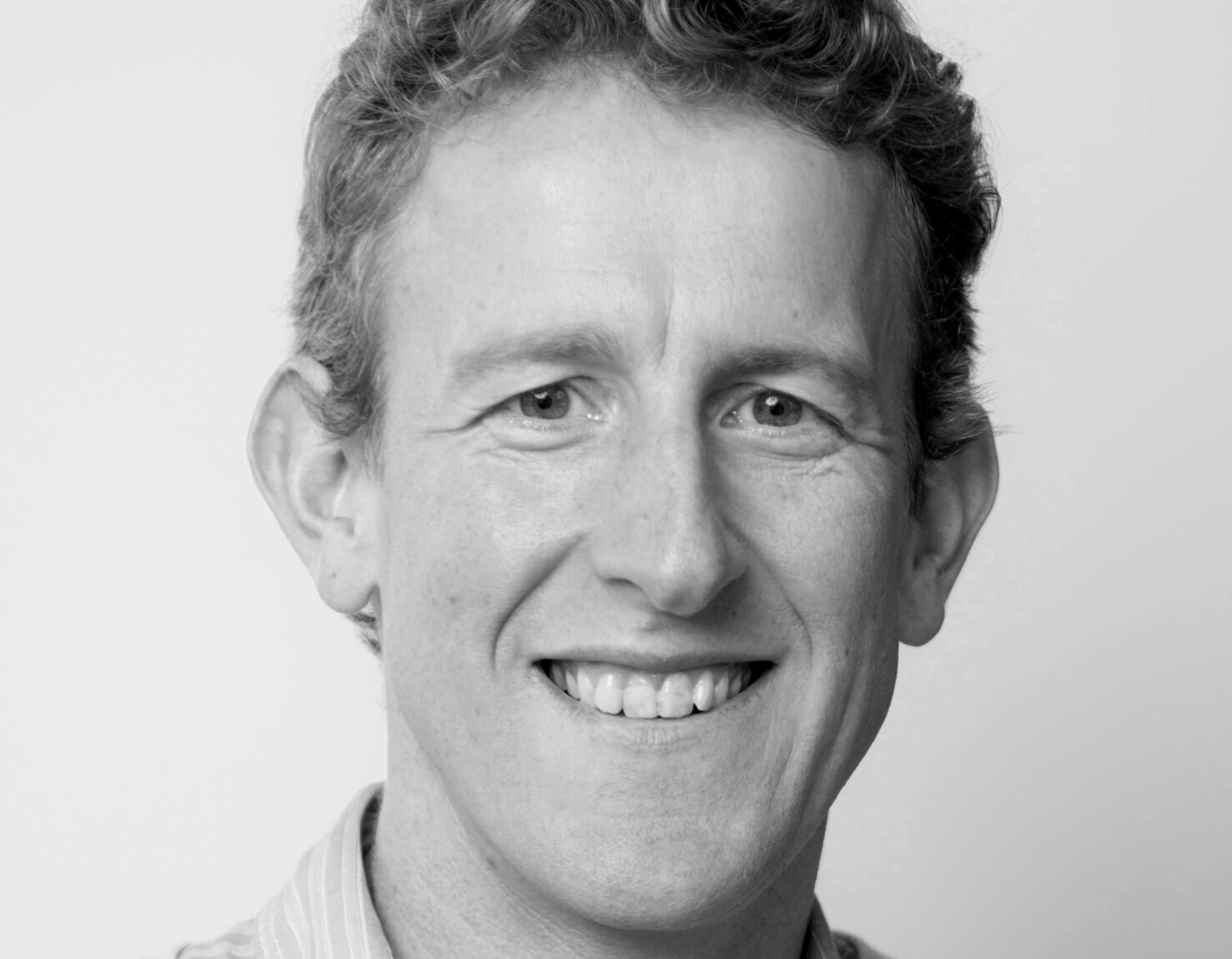
Tim Lenton is Professor of Climate Change and Earth System Science at the University of Exeter and Director of the Global Systems Institute. He has over 20 years of research experience in studying the Earth as a system, and developing and using models to understand its behaviour.
He is particularly interested in how life has reshaped the planet in the past, and what lessons we can draw from this as we proceed to reshape the planet now.
Tim leads the University of Exeter’s Climate Change MOOC (Massive Open Online Course).
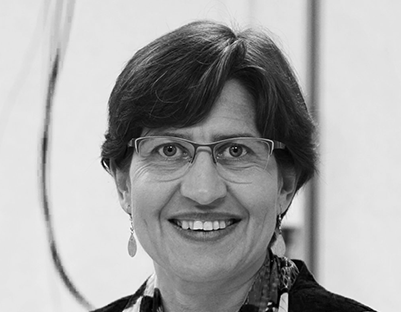
Valérie Masson-Delmotte is a French scientist working at the CEA (French Alternative Energies and Atomic Energy Commission) in the Laboratory of Climate and Environmental Sciences of Paris-Saclay. She specialises in studying past climate variations, understanding the water cycle, and evaluating climate models. From 2015 to 2023, Valérie Masson-Delmotte is co-chair of the IPCC working group on the physical science basis of climate change, and she has co-supervised several reports assessing the state of knowledge related to climate change. Since 2018, she is also a member of the national climate change committee, with the mandate to evaluate public policies related to greenhouse gas emission reductions and climate change adaptation and develop recommendations. She is also strongly involved in outreach related to climate change knowledge.
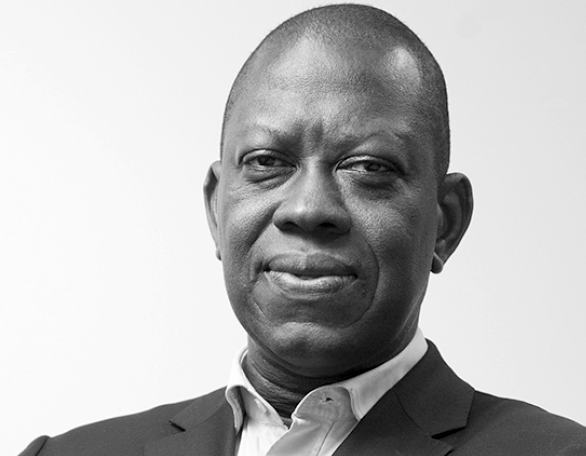
Kako Nubukpo is a Senior Research Fellow at The Agricultural Research Centre of International Development (CIRAD), based in Paris (France), and a member of The French Development Agency (AFD) Scientific Council. He is a former Economic and Digital Director of the International Organization of Francophony (OIF) based in Paris. He is a Former Minister of Long-term Strategy and Public Policy Evaluation of Togo. He is also Full Professor in Economics, member of the Global Economic Governance Programme of the University of Oxford (UK) and Princeton University (USA). His publications cover a range of issues related to central banking and finance in West Africa, and the economics of cotton industry in that region, among others.
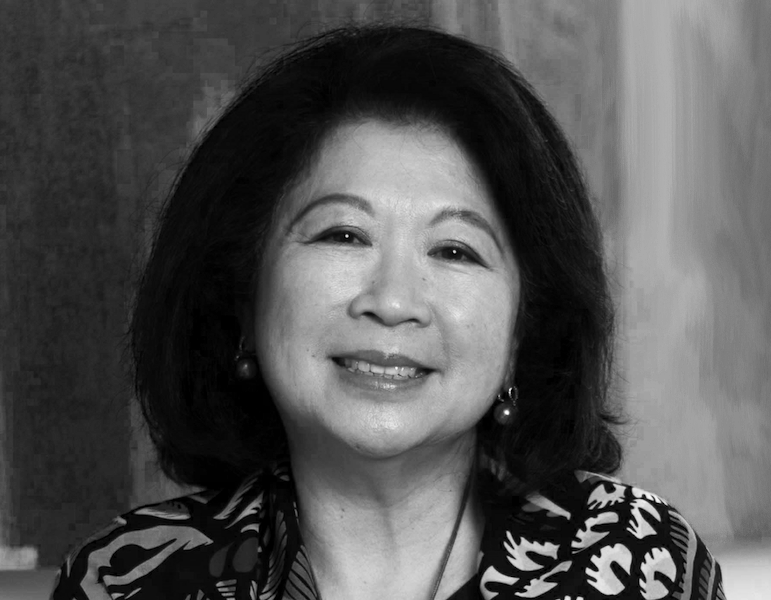
Mari Elka Pangestu is an Indonesian economist who served as managing director of Development Policy and Partnerships in the World Bank from 2020 to 2023. Previously she served as Minister of Trade in Indonesia from 2004 to 2011.
Pangestu has had extensive policy-making experience in Indonesia. Following her period as Minister for Trade, in a cabinet reshuffle in October 2011 she was appointed to the newly created position of minister of Tourism and Creative Economy.
After finishing her term as a minister, Pangestu resumed regular activities in the Center for Strategic and International Studies in Jakarta as well as serving as a professor in international economics in the Economics Faculty at the University of Indonesia.
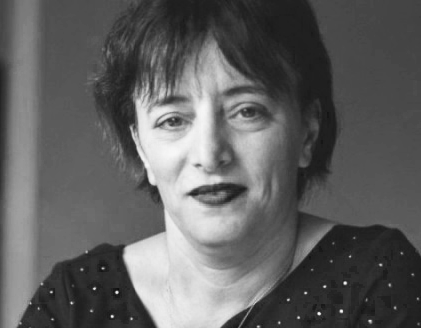
Dr. Yamina Saheb is a senior energy policy analyst at OpenExp in Paris. Prior to that she was Policy and Scientific Officer at the Joint Research Centre (JRC) of the European Commission (EC) and for two years a senior energy efficiency policy analyst at the International Energy Agency (IEA). Her work is dedicated to analyses of energy policies with a special focus on energy efficiency.
Yamina holds a Ph.D in Energy Engineering, Master’s degrees on Landscape Architecture and Development Economics and an Engineering degree in Building technologies.
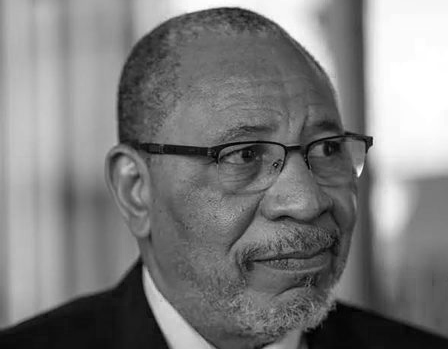
Professor Sokona, with over 40 years of experience addressing energy, environment, and sustainable development in Africa, has been at the heart of numerous national and continental initiatives. He is currently a Vice-Chair of the Intergovernmental Panel on Climate Change after serving as Co-Chair of IPCC Working Group III following being a Lead Author since 1990. He has a proven track record of organisational leadership and management, for example as Inaugural Coordinator of the African Climate Policy Centre and as Executive Secretary of the Sahara and the Sahel Observatory.
He is affiliated with numerous boards and organisations, including, as Honorary Professor at the University College London, Member of The World Academy of Sciences and the African Academy of Sciences, Science Advisory Committee of the International Institute for Applied System Analysis
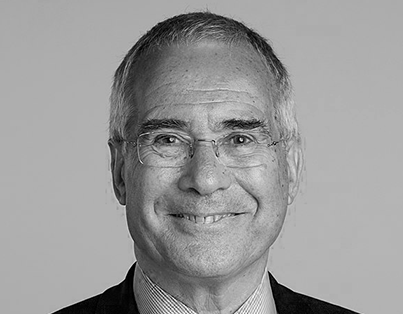
Lord Stern is I. G. Patel Professor of Economics and Government and Chairman of the Grantham Research Institute on Climate Change and the Environment at the London School of Economics. He has been President of the British Academy since 2013, and was elected Fellow of the Royal Society in 2014. From 1969 to 1993, he held academic posts at universities in the United Kingdom and abroad. He was Chief Economist at both the World Bank (2000–2003) and the European Bank for Reconstruction and Development (1994–1999). Lord Stern was Head of the UK Government Economic Service 2003–2007 and led the Stern Review on the Economics of Climate Change, published in 2006.
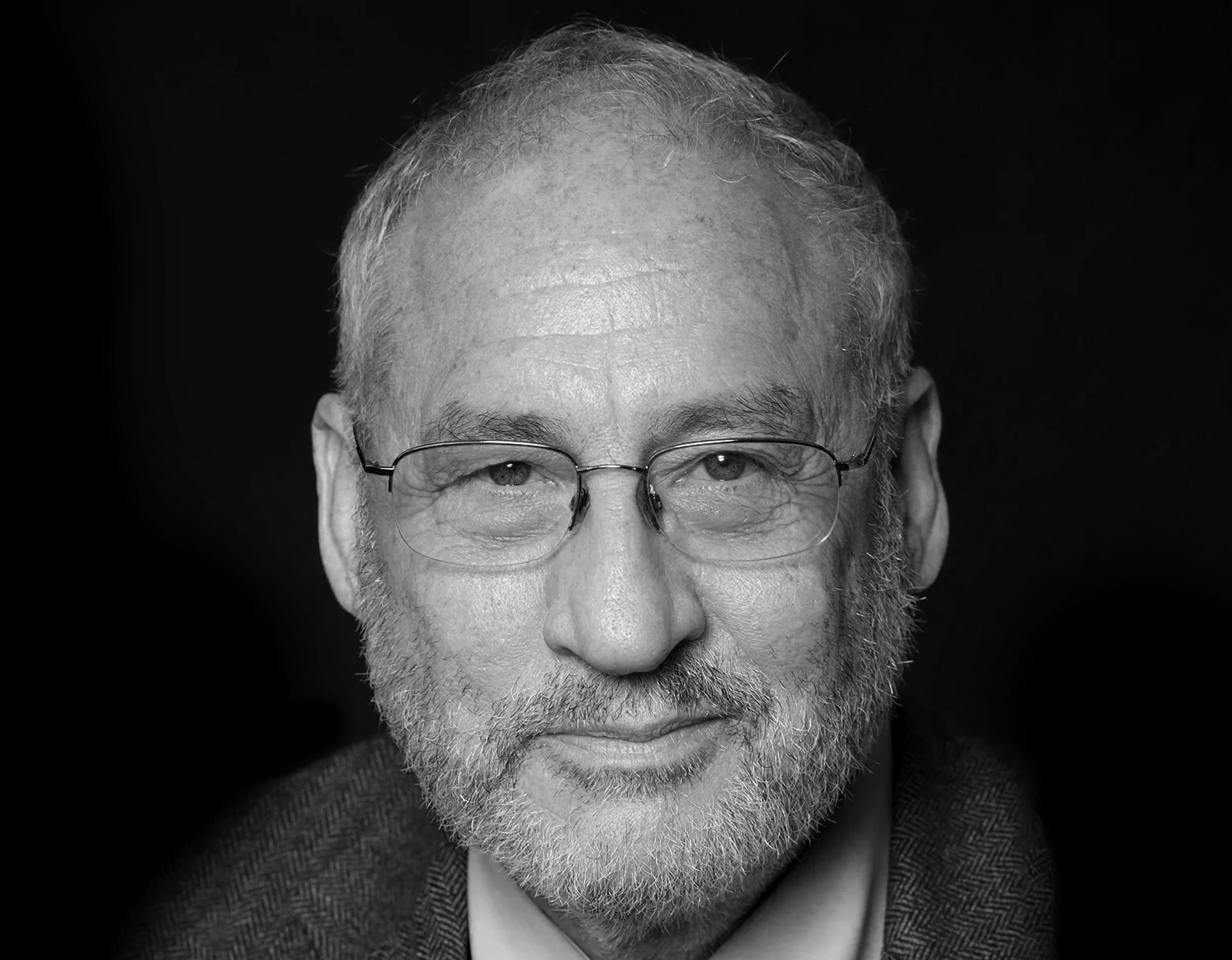
Joseph E. Stiglitz is an American economist and a professor at Columbia University. He is also the co-chair of the High-Level Expert Group on the Measurement of Economic Performance and Social Progress at the OECD, and the Chief Economist of the Roosevelt Institute. Stiglitz was awarded the Nobel Memorial Prize in Economic Sciences in 2001 and the John Bates Clark Medal in 1979. He is a former senior vice president and chief economist of the World Bank and a former chair of the U.S. Council of Economic Advisers. In 2000, Stiglitz founded the Initiative for Policy Dialogue, a think tank on international development based at Columbia University. Known for his pioneering work on asymmetric information, Stiglitz's research focuses on income distribution, climate change, corporate governance, public policy, macroeconomics, and globalization.
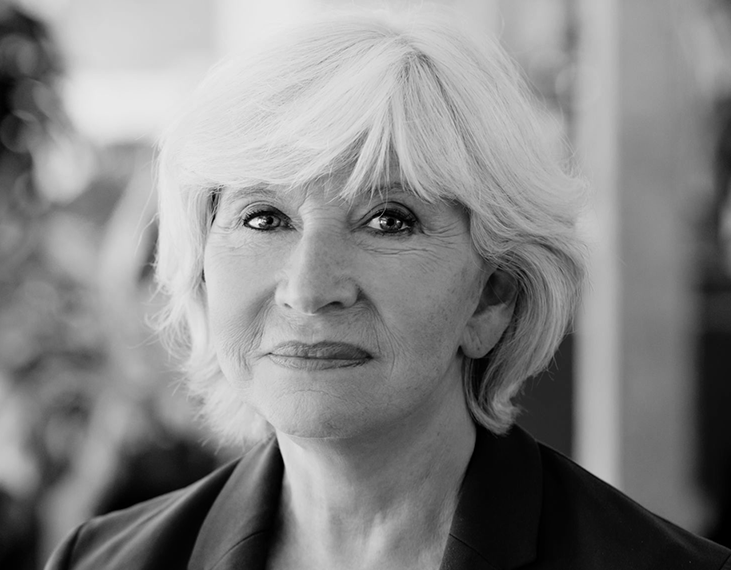
Laurence Tubiana is the CEO of the European Climate Foundation (ECF) and a professor at Sciences Po, Paris. She previously chaired the Board of Governors at the French Development Agency (AFD), as well as the Board at Expertise France (The French public agency for international technical assistance). Before joining the ECF, Laurence was France’s Climate Change Ambassador and Special Representative for COP21, and such a key architect of landmark Paris Agreement. Following COP21 and through COP22, she was appointed UN High-Level Champion for climate action.
Throughout the years, Laurence has held several academic positions, including as a Professor and Scientific Director for the International Development and Environmental Studies Master degrees at Sciences Po, Paris; and Professor of International Affairs at Columbia University, New York.
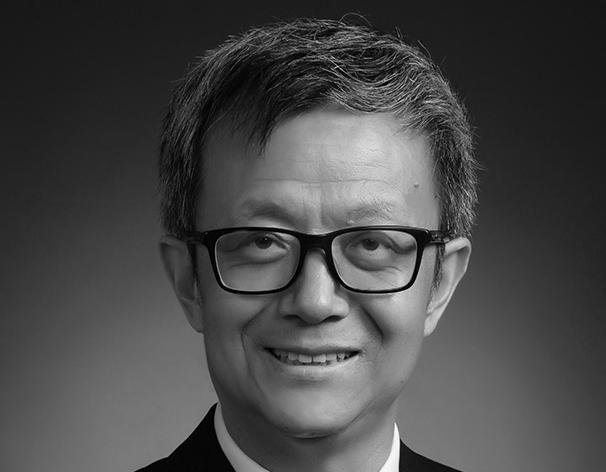
Zhang Xiliang is professor and director of the Institute of Energy, Environment and the Economy at Tsinghua University. He is also Director, of the Tsinghua-MIT China Energy and Climate Project. His research interests include energy technology innovation, integrated assessment of energy and climate policies, and renewable energy. He is a co-convener of the Initiative for U.S.-China Dialogue on Global Issues faculty research group on climate change.
Zhang holds a PhD in Systems Engineering from Tsinghua University. He has conducted research on sustainable energy technology innovation and diffusion, markets, policies and futures for China.
Countries and Partners Advisory Committee
The Countries and Partners Advisory Committee is advising all important decisions concerning the delivery of the program as well as contributing to the policy relevance of the program’s development. It participates to C3A events and workshops on an ad hoc basis. The Countries and Partners Advisory Committee is composed of representatives from the Coalition of Finance Ministers for Climate Action, Ministers of Finance from C3A partner countries, the World Bank and other C3A partner institutions.

It discusses and validates the multi-annual roadmap of the program as well as the progress reports of the different entities of the program.

It discusses and validates the finance strategy (resource mobilization, budget plan, etc.) and sign the MOUs with the financial partners.

It approves the governance charter of the program and decides on any future evolution of the governance rules.
